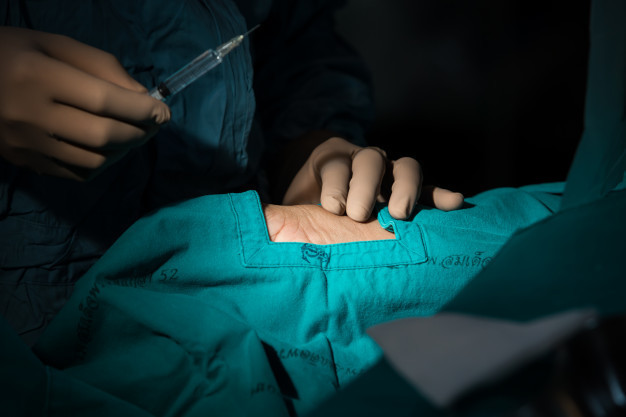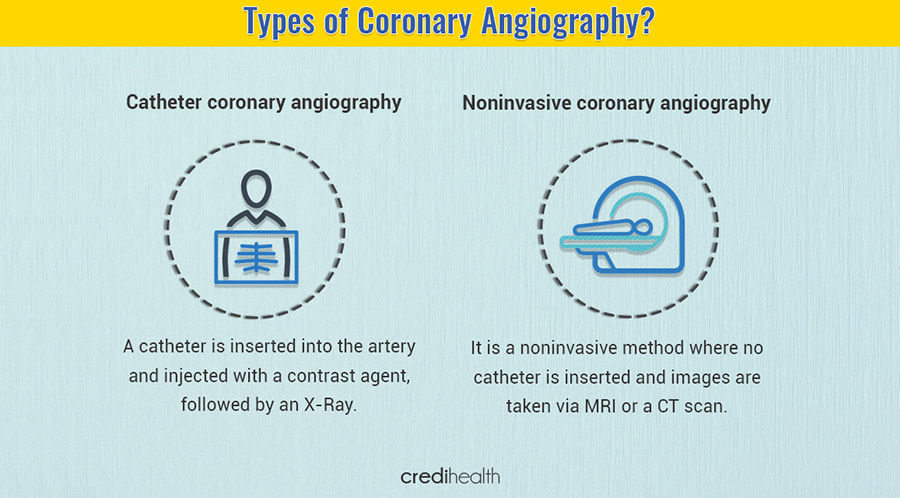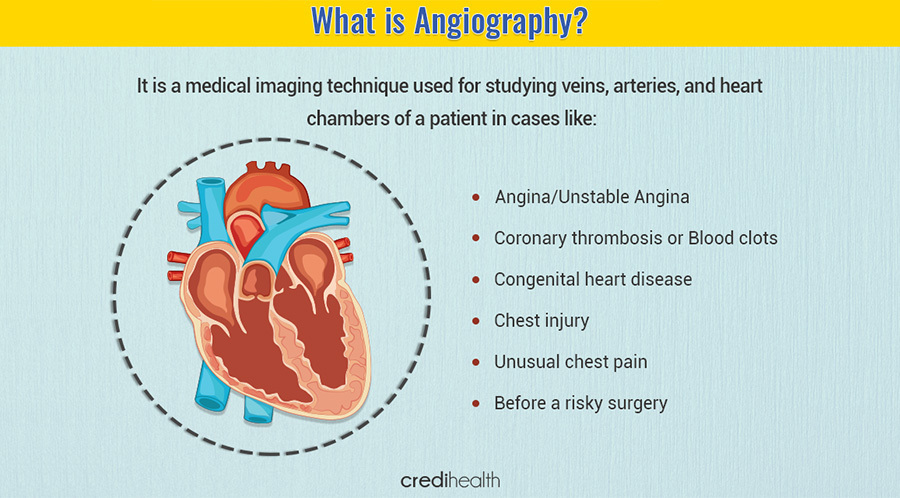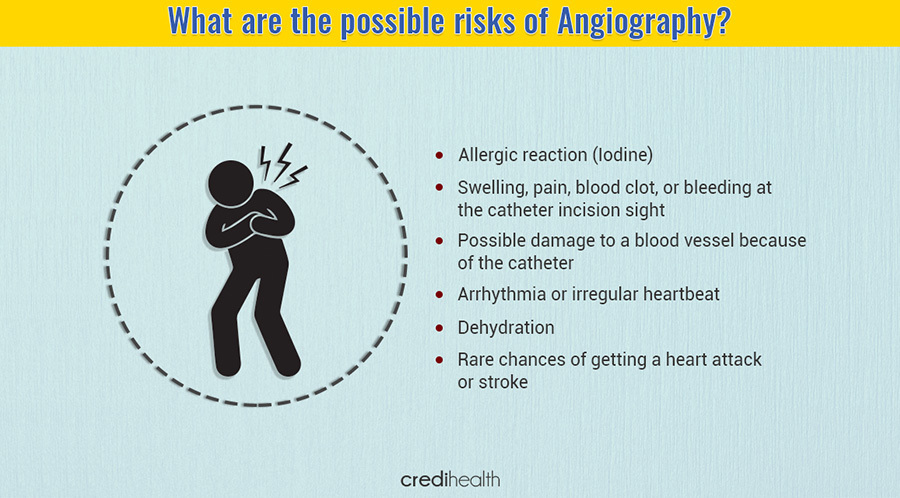Coronary Angiography Cost in Jaipur
Get Cost of Coronary Angiography in Jaipur
Top Doctors for Coronary Angiography in Jaipur
MBBS, MD, DM - Cardiology
Senior Consultant - Interventional Cardiology
10 Years Of Experience,
Cardiology
MBBS, MD - General Medicine, DM - Cardiology
Associate Consultant - Non-Invasive Cardiology
11 Years Of Experience,
Cardiology
MBBS
Associate Consultant - Non-Invasive Cardiology
11 Years Of Experience,
Cardiology
MBBS
Associate Consultant - Non-Invasive Cardiology
11 Years Of Experience,
Cardiology
MBBS, MD - General Medicine, DNB
Additional Director - Cardiology
19 Years Of Experience,
Cardiology
Coronary Angiography Cost from trusted Hospitals in Jaipur

Jawahar Lal Nehru Marg, Malviya Nagar, Jaipur, Rajasthan, 302017
Multi Speciality Hospital

Sector-3, Kiran Path, Jaipur, Rajasthan, 302020, India
Multi Speciality Hospital
What is the average cost of Coronary Angiography in Jaipur?
The cost of Coronary Angiography in starts from Rs. 15,000 which depends on multiple factors. The average cost of Coronary Angiography in Jaipur may range from Rs. 15,000 to Rs. 20,000.
Frequently Asked Questions
Q: How can I Find the best health center for coronary angiography in Jaipur? 
A: You can find the best Hospital for coronary angiography in Jaipur on Credihealth.
Q: How long does it take to complete Coronary Angiography? 
A: The whole angiography procedure generally takes 30 to 2 hours to complete; after that, you may usually return home the same day.
Q: How much does Coronary Angiography cost in Jaipur? 
A: Typically, it may range between INR 6,000 to INR 35,000 for Coronary Angiography in Jaipur.
Q: What are the alternative techniques for coronary angiography? 
A: The alternatives to Coronary Angiography are CT-scan, X-ray, MRI-scan, and Doppler ultrasound.
Q: What are the benefits of angiography? 
A: The medical diagnosis helps a doctor to provide accurate images of the internal blood vessels and arteries. Sometimes heart doctors may also use angiography to diagnose specific diseases and any blockage in the blood vessels.
Q: What is the success rate of Coronary Angiography? 
A: Depending on the patient’s age and health condition, Coronary Angiography has a success rate of around 97%.
Q: What medical conditions are treated through coronary angiography? 
A: Patients with health conditions such as Coronary artery disease, Severe chest pain, pain in the jaw, neck, or arm which other tests cannot explain, Congenital heart disease, Abnormal results of other heart tests, Chest injury, Heart valve problem which requires surgery can be treated through coronary angiography.
Q: Why is Coronary Angiography performed? 
A: Coronary angiography is a medical treatment in which a doctor uses X-ray imaging to visualize damaged or blocked blood arteries. This aids in the detection and treatment of cardiac diseases such as inadequate heart blood flow due to blood channel constriction. Heart catheterization is the most frequent technique, followed by coronary angiography.





.svg)

.svg)
